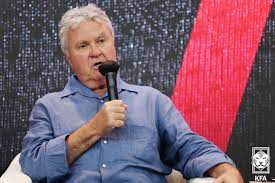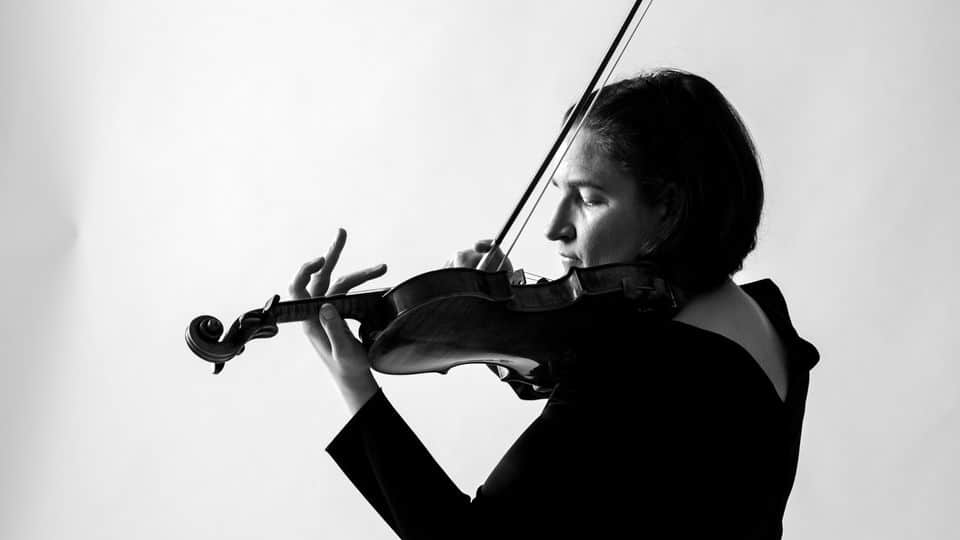Just in: Seoul Philharmonic appoint football manager
OrchestrasKorea’s national orchestra has made some bizarre appointments in recent years but few more unexpected than this.
The Mayor of Seoul announced this morning that Guus Hiddink, manager of South Korea’s national football team in the 2002 FIFA World Cup, has been appointed ambassador of the Seoul Philharmonic Orchestra.
We hear he’s in the market for a midfield maestro.






The 2002 world cup was an event so big in South Korea… I’am not suprised.
Exactly what does an “ambassador” do for the Philharmonic?
Reminding football fans that there are also other forms of community experiences.
The Sydney Symphony just appointed this gent as their ambassador…
https://www.youtube.com/watch?v=nULFMp4jKBo
Son will be moved from Captain of the national team to concertmaster of the Seoul Philharminic!
I have heard on 1April that Louis van Gaal is taking up a similar position at Manchester United.
Sorry, that should have been with the Halle.
Is this an Aprils fool?
If a neurosurgeon can be a symphony CEO, I don’t see why not. I am available to manage Korea’s national football team…
ʻMusingsʼ on managed care
The President of a large California health insurance company was also the chairman of the board of his community’s symphony orchestra. He could not attend one of the concerts and gave his tickets to the company’s director of health care cost containment. The next morning he asked the director how he enjoyed the performance. Instead of the usual polite remarks, the director handed him a memorandum which went like this:
“The undersigned submits the following comments and recommendations relative to the performance of Schubert’s Unfinished Symphony by the Civic Orchestra as observed under actual working conditions:
A. The attendance of the orchestra conductor is unnecessary for public performance. The orchestra has obviously practiced and had the prior authorization from the conductor to play the symphony at a predetermined level of quality. Considerable money could be saved by merely having the conductor critique the orchestra’s performance during a retrospective peer review meeting.
B. For considerable periods, the wind players had nothing to do. Their number should be reduced and their work spread over the whole orchestra, thus eliminating peaks and valleys of activity.
C. All twelve violins were playing identical notes with identical motions. This is unnecessary duplication; the stuff of this section should be drastically cut with consequent savings. If larger volume of sound is required, this could be obtained through electronic amplification, which has reached very high levels of reproductive quality.
D. Much effort was expended in playing 16th notes. This seems an excessive refinement as most of the listeners are unable to distinguish such rapid playing. It is recommended that all notes be rounded up to the nearest 8th. If this were done, it would be possible to use trainees and lower grade operators with no loss of quality.
E. No useful purpose would appear to be served by repeating with horns the same passage that has already been handled by the strings. If all such redundant passages were eliminated, as determined by a utilization review committee, the concert could have been reduced from two hours to twenty minutes, with still greater savings in salaries and overhead. In fact, if Schubert had attended to the matters on a cost containment basis, he probably would have been able to finish his symphony.“
He was (and still is) a national hero for his performance back in 2002. His title has ‘ambassador of marketing’ (lose translation) in it so this is hardly a surprise for those who understand what he means to Koreans. So you can sleep at night – he won’t be conducting any concert.
I was there in 2002. Believe me. It was unbelievable.
Enough of the predictable jokes— this is quite a serious matter and we must now contemplate it for options of action.